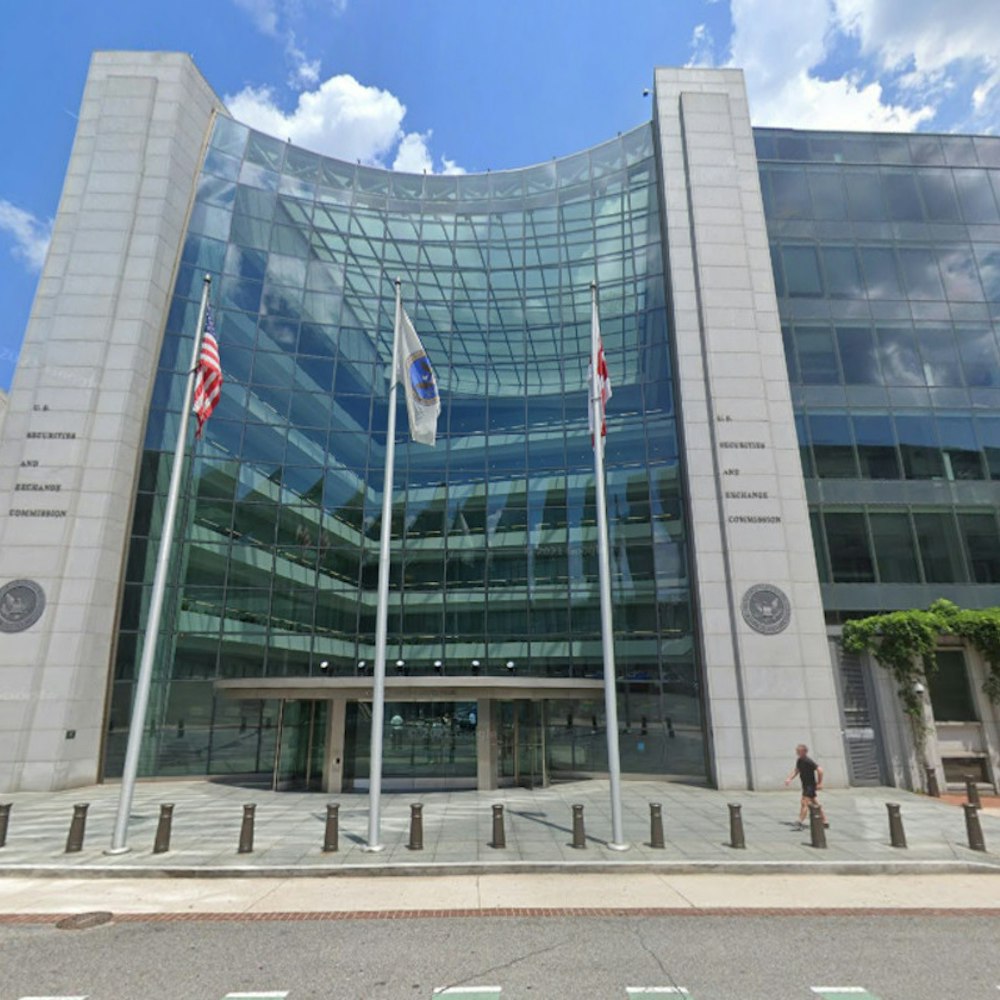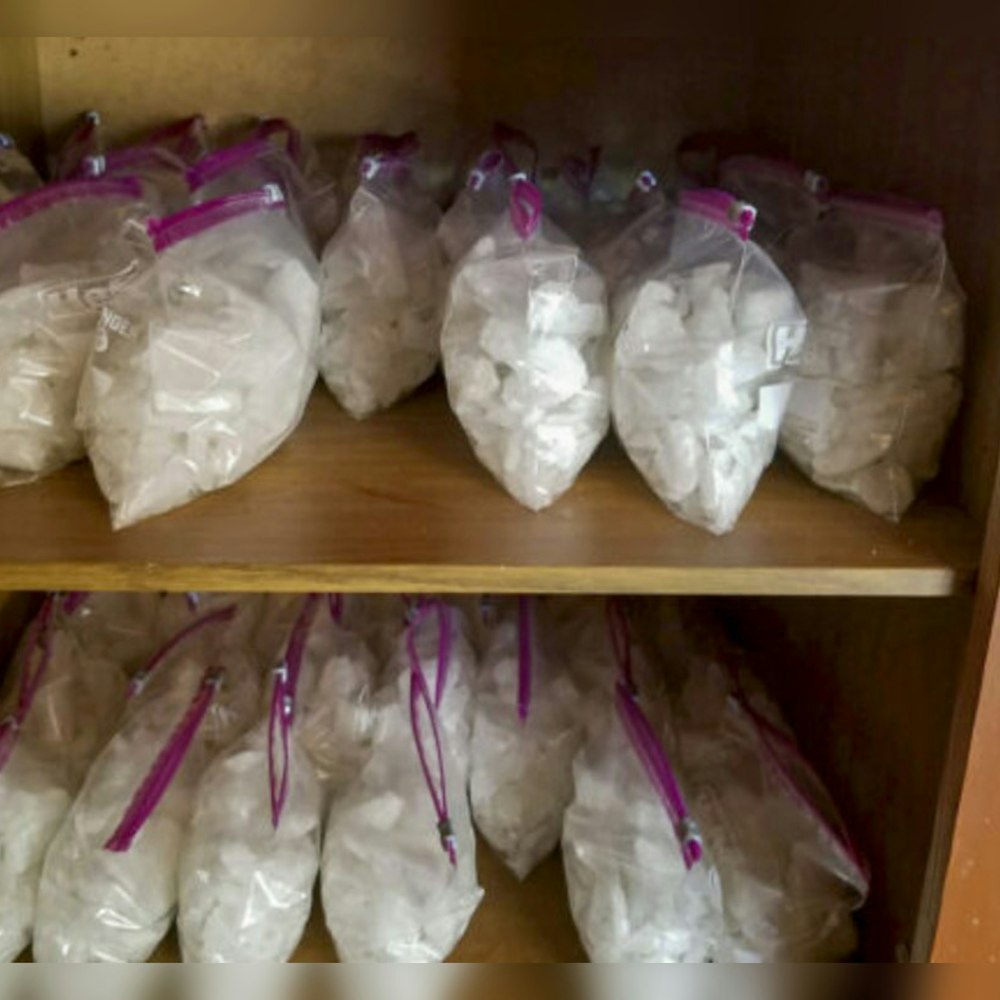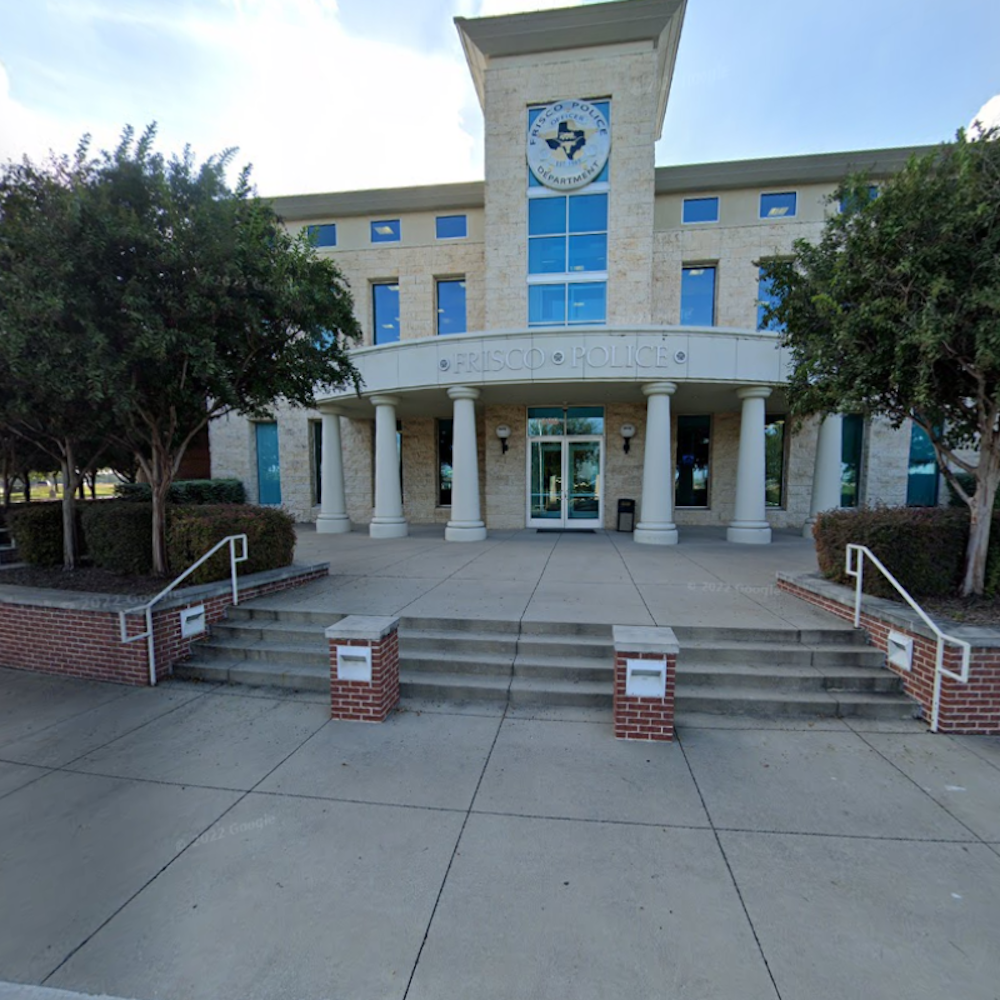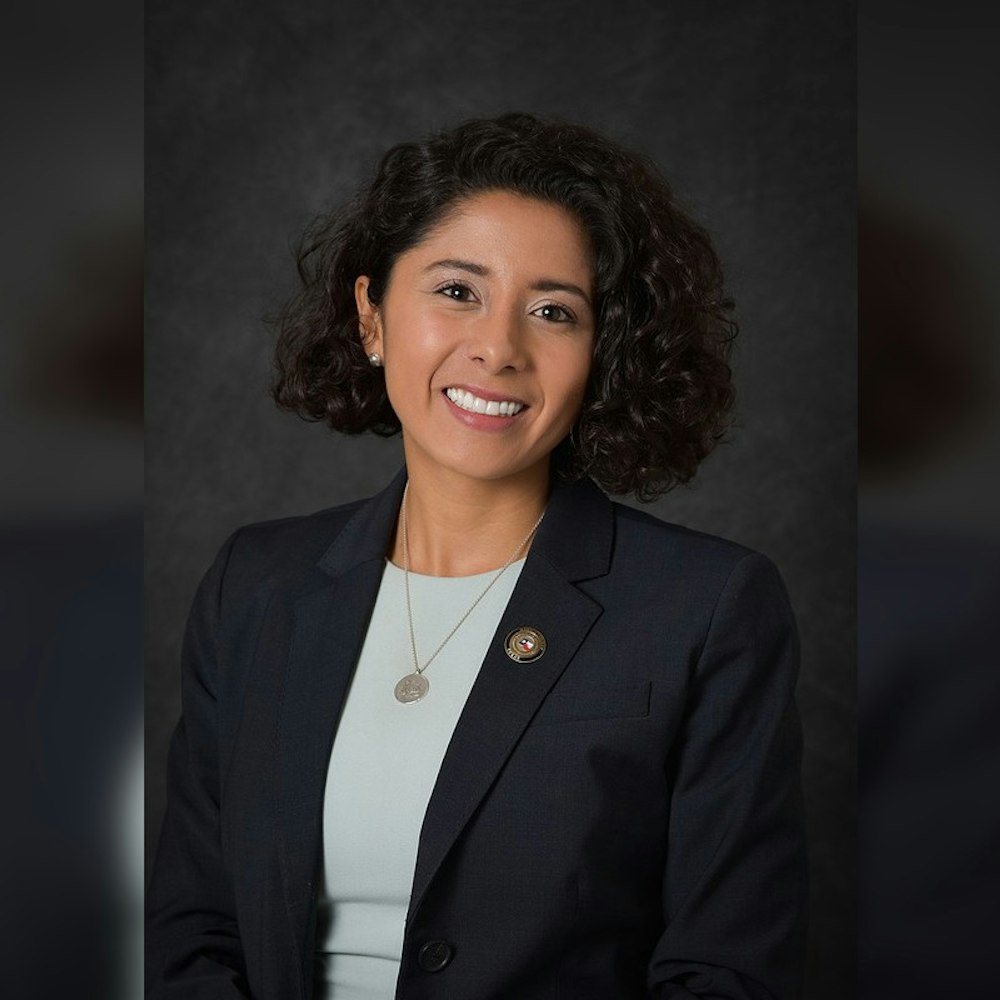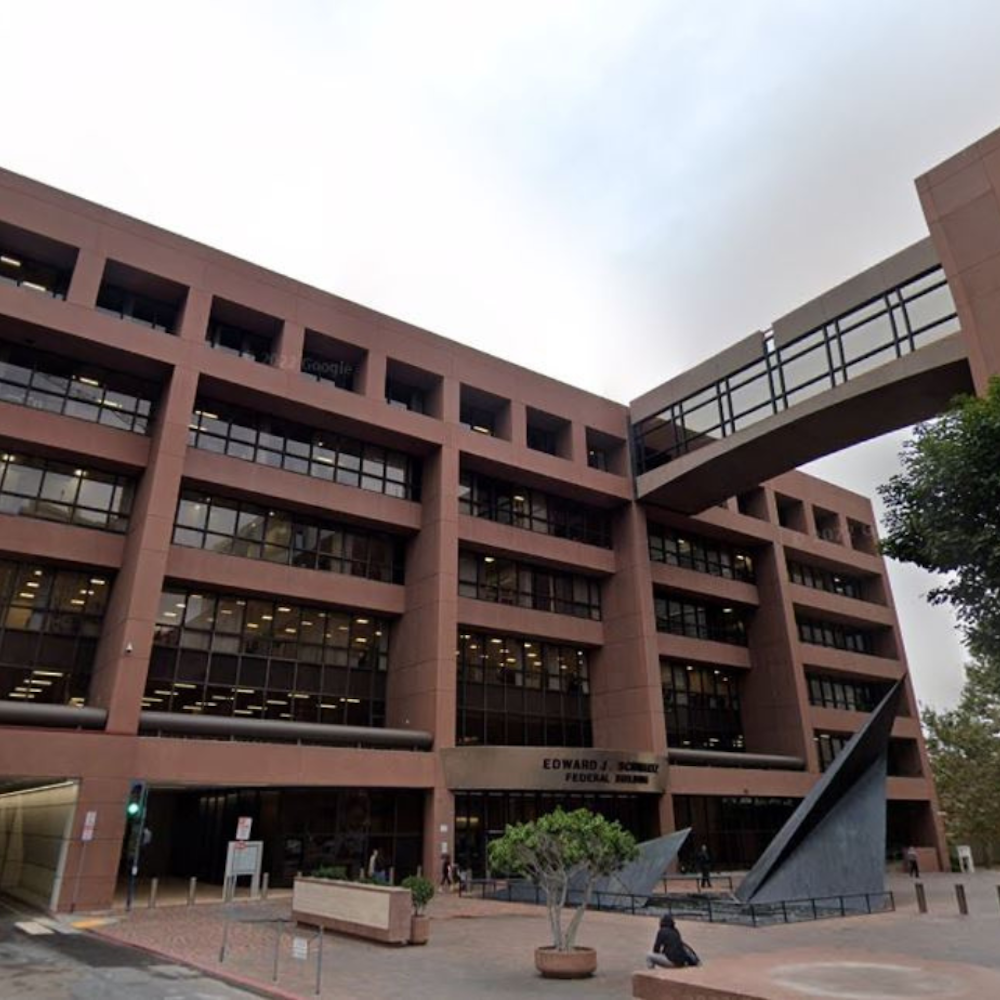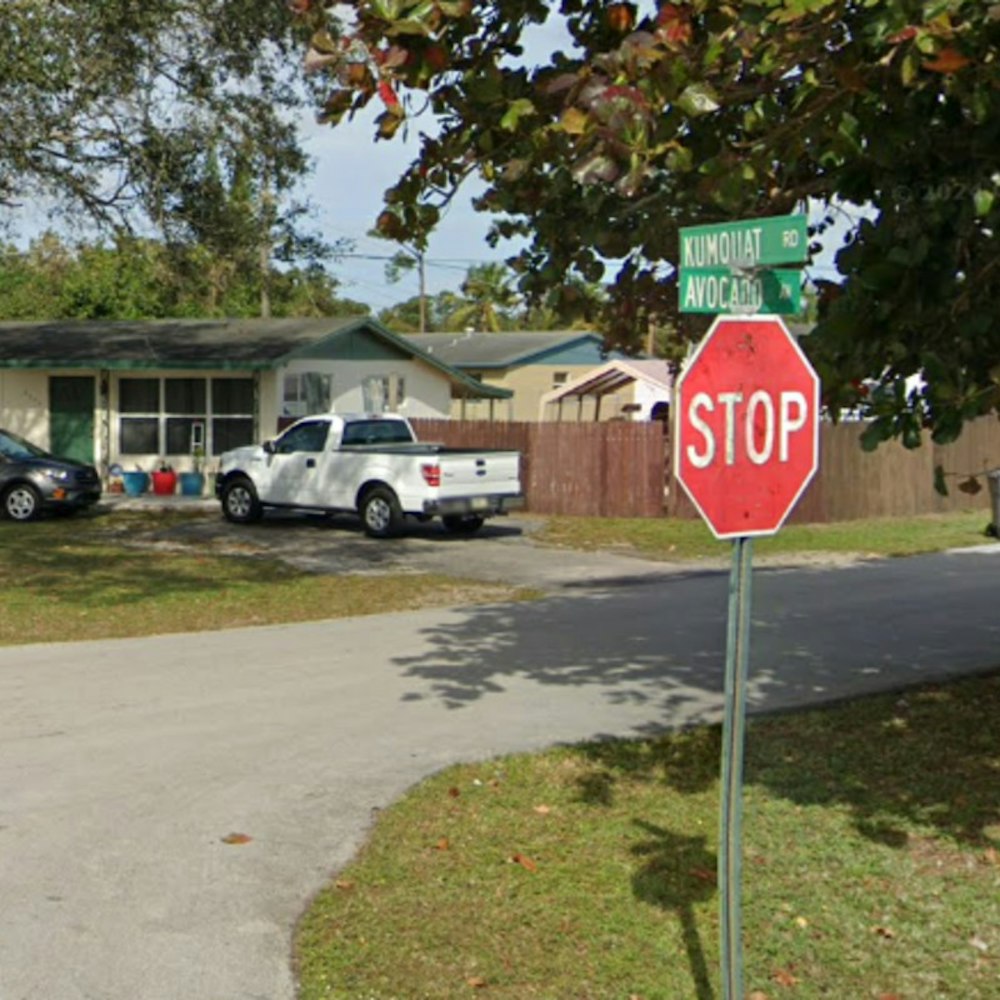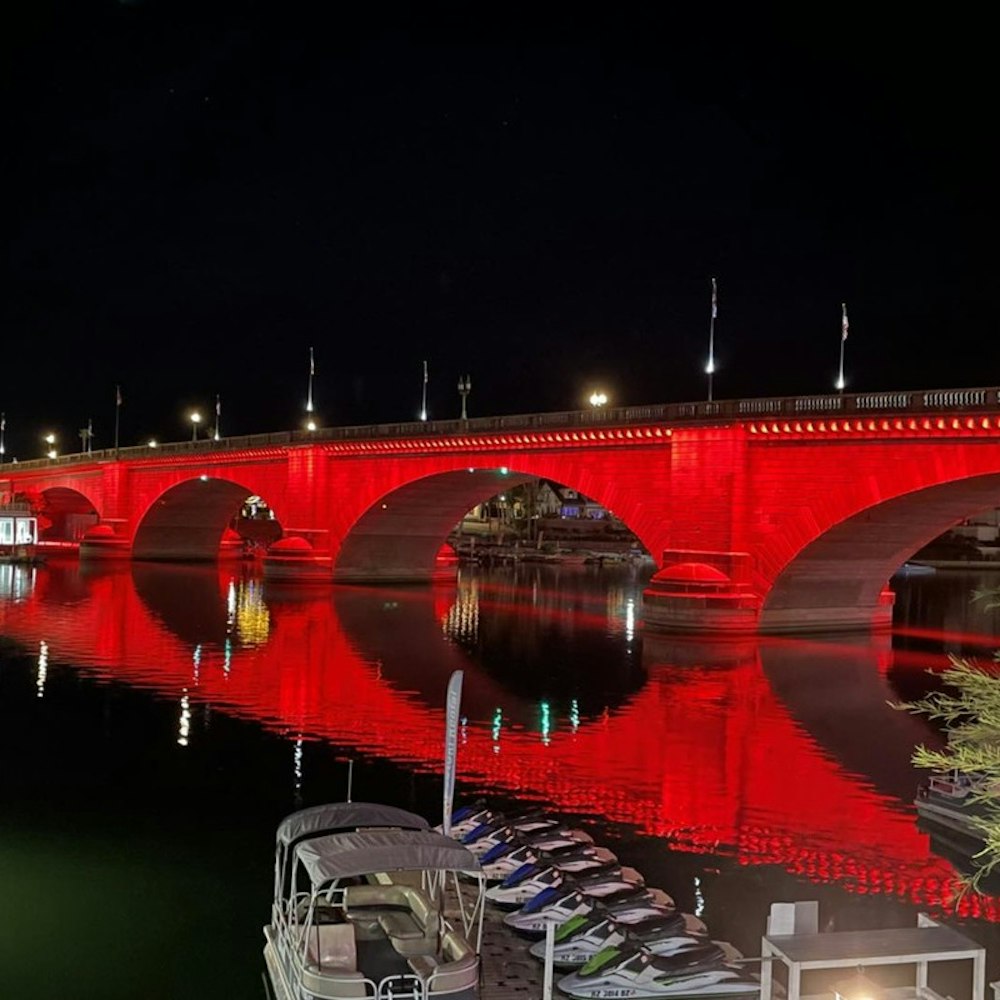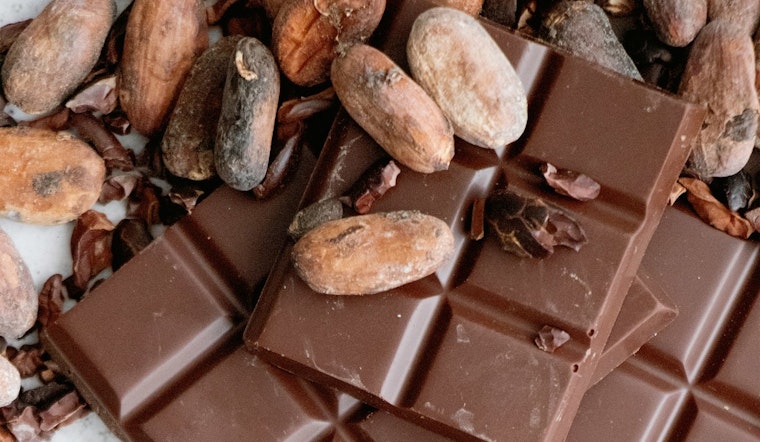
Amid the resurgence of the "Wonka" universe, compliments of Hollywood's latest whimsy, America's longtime candy capital, Chicago, is seeing its sweet legacy revisited. Local confectioners are churning out innovative chocolate creations, stirring up a blend of nostalgia and novelty. Recognized for its rich candy history, Chicago, at one point, manufactured or invented a third of the country's treats, noted Leslie Goddard, historian and author of “Chicago’s Sweet Candy History,” in an article by the Chicago Tribune.
Pioneering the U.S. chocolate candy bar market, Goddard told the Tribune that Milton Hershey was inspired by machinery he discovered at Chicago's 1893 World’s Columbian Exposition, kicking off the nation’s love affair with milk chocolate bars. The city's confectionery ingenuity gave birth to classics like the Milky Way and Snickers. Chicago's chocolatiers featured by the Tribune, like Belgian Chocolatier Piron and Chocolat Uzma, continue to tantalize taste buds with their boutique treats that evoke these originals.
While staying true to their roots, these contemporary "Wonkas" aren't just relying on tradition; some are leveraging science to revolutionize the way we savor chocolate. Felipe Reinoso-Carvalho, a scientist who swapped sound engineering for sensory marketing, has discovered that music can manipulate the taste experience, with flute sounds making chocolate appear sweeter and creamier, as per studies he conducted with renowned chocolatier Dominique Persoone. This fusion of science and sensuality was chronicled in an article by BBC Future.
In contrast, experts are diving into the heart of the chocolate-making process, examining microbial influence on flavor profiles during fermentation. Findings from the realm of food microbiology suggest that specific bacterial strains correlate with sought-after tasting notes, potentially tailoring chocolates to have distinctive, high-end appeal. "We have found all kinds of things in there," Mark Guiltinan, a cacao breeder, told BBC Future, referencing the genetic diversity uncovered in cacao tree genomes. This burgeoning exploration into cacao's microbiome and genetic makeup could redefine the quality and taste of chocolate as we know it, build on the works of pioneering Chicago chocolatiers, and possibly lead to the development of a new range of exotic bars.
While some might view these scientific endeavors as Willy Wonka-level eccentricity, they stand as potent testimony to the dynamic landscape of taste and perception. For consumers, this marriage of craft and science means an expanding horizon of chocolate experiences. It hints at the possibility of chocolates infused with a panoply of innovative flavors, making sure our love for the sweet treat remains as enduring as the storied past of chocolate in Chicago.
